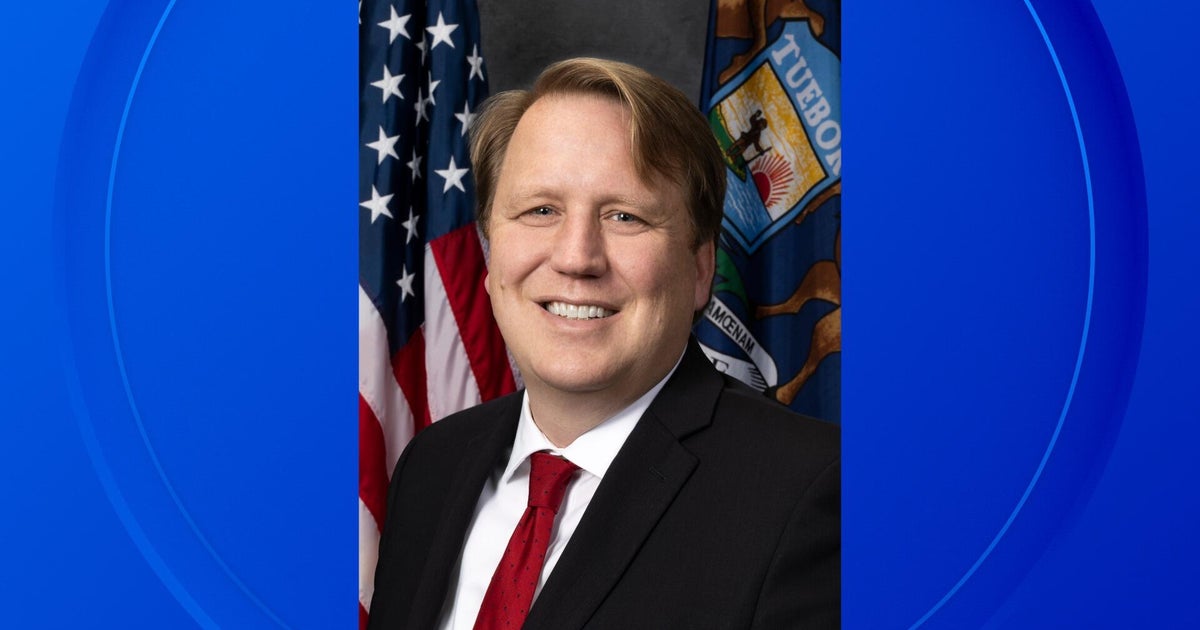Nominee would be first black chief justice in Connecticut
HARTFORD, Conn. — Connecticut Gov. Dannel P. Malloy's latest nominee for chief justice of the state Supreme Court would be the first African-American to hold the judicial branch's top job.
The Democratic governor announced Thursday that he is nominating Associate Supreme Court Justice Richard Robinson for chief justice. If confirmed by the legislature, Robinson would succeed Chase Rogers, who retired in February.
Malloy's last chief justice nominee, Associate Justice Andrew McDonald, was rejected last week by the state Senate in a mostly party-line vote in which Republicans opposed him. McDonald would have been the first openly gay state chief justice in the country. Republicans cited McDonald's rulings, while Democrats accused Republicans of anti-gay bias — which the GOP denied.
Republican Senate Republican Leader Len Fasano, of North Haven, told WFSB-TV recently that he would support Robinson's nomination.
Malloy on Thursday also nominated Superior Court Judge Steven Ecker, of New Haven, as an associate justice to succeed Robinson.
Malloy appointed Robinson, 60, of Stamford, as an associate justice in December 2013, after he had served six years on the state Appellate Court, the state's second-highest court. Robinson was first appointed as a trial court judge in 2000 by Republican Gov. John Rowland.
Robinson was an assistant corporation counsel for the city of Stamford from 1988 to 2000, which includes five years when Malloy was mayor and a brief period when McDonald was corporation counsel.
Robinson previously served as president of the Stamford branch of the NAACP, general counsel for the NAACP's Connecticut chapter and chairman of the state Commission on Human Rights and Opportunities.
"During his esteemed career in public and judicial service Justice Robinson has demonstrated a keen legal acumen and incisive insight," Malloy said. "I am confident that as chief justice, his tenure will be marked with distinction and his leadership will prove to be invaluable, should he be confirmed."
Robinson said, "If I am confirmed, I will do all that is humanly possible to live up to the high standards of this office."
Malloy launched more criticism at Republicans on Thursday for rejecting McDonald. He repeated past comments that Republicans had brought Washington-style politics to a judicial nomination process that traditionally has seen little partisanship and their actions have damaged the integrity of the judiciary.
Fasano and other Republicans have defended their opposition to McDonald. They accused McDonald of being a liberal "activist" judge and cited his rulings during his five years on the Supreme Court, including his being in the majority of a decision that effectively abolished the state's death penalty.
Malloy on Thursday also nominated five people to be Superior Court judges, including Democratic former state Sen. Eric Coleman of Bloomfield.



